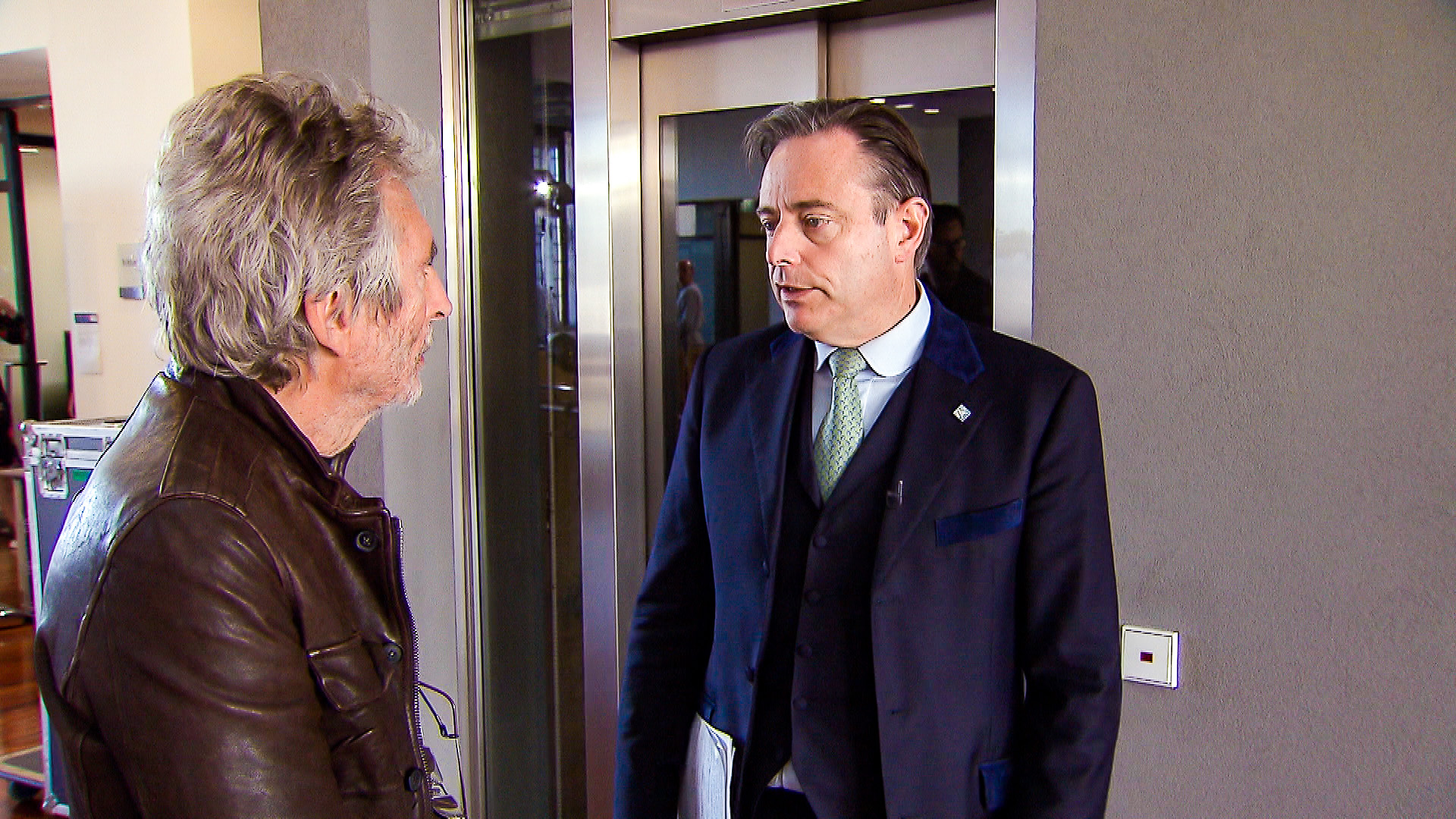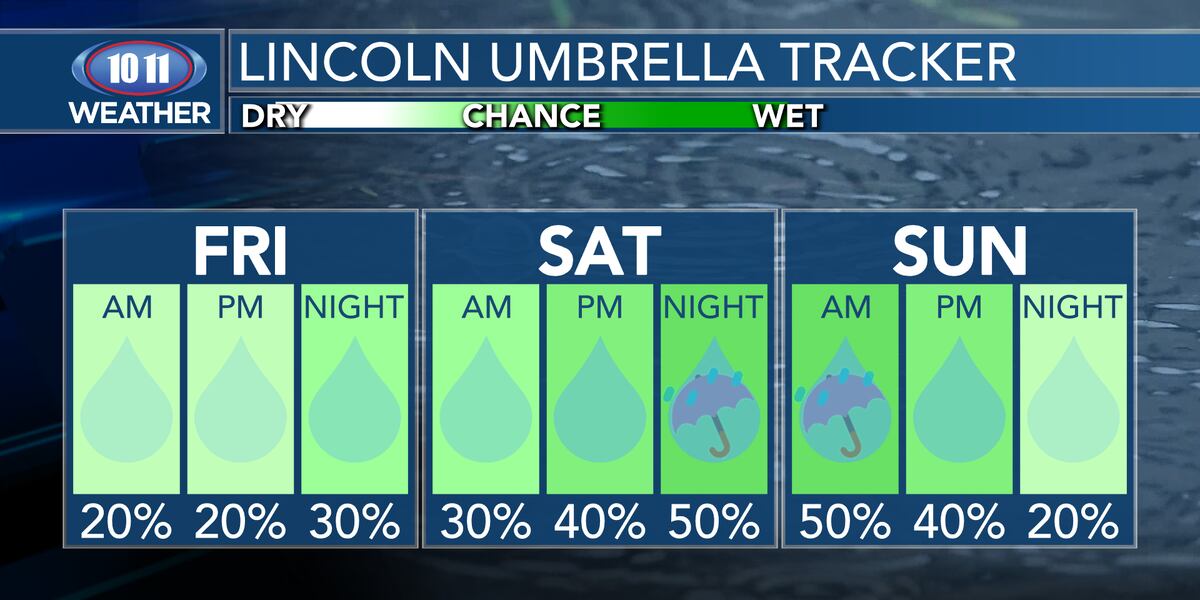Insults, Whistles, And Gum: The French Open's Unfair Treatment Of Opponents

Table of Contents
A Culture of Insults and Verbal Abuse
The passionate, almost tribal, atmosphere of the French Open is legendary. However, this fervent nationalism often spills over into unacceptable verbal abuse directed at players. The lines between passionate support and outright hostility frequently blur, creating an environment where players are subjected to relentless heckling, insults, and even racist slurs. The lack of consistent and meaningful consequences for such behavior only exacerbates the problem. Tournament organizers often seem slow to react, allowing a culture of disrespect to fester.
- Specific Examples: Naomi Osaka has spoken about the intense pressure and criticism she faced during her time at Roland Garros. Other players, both established and emerging, have reported instances of targeted harassment and personal attacks from sections of the crowd.
- Nationalism and its Dark Side: While national pride is understandable, it shouldn't translate into a license to verbally abuse visiting players. The intense rivalry between French and international players often fuels this negativity, creating a hostile atmosphere for those representing other nations.
- Consequences (or Lack Thereof): The inconsistent application of penalties for spectator misconduct is a major concern. While some offenders might receive warnings, others are allowed to continue their abusive behavior with seemingly no repercussions, creating a sense of impunity. This lack of effective punishment sends a damaging message that such behavior is tolerated.
The Deafening Chorus of Whistles: Disrupting Play and Player Focus
The sound of whistles at a tennis match can be both celebratory and disruptive. However, at the French Open, the line is often crossed. A constant barrage of whistles, particularly during crucial points, actively disrupts the players' concentration and negatively impacts their performance. These aren't spontaneous outbursts of celebration; they are often targeted attempts to unsettle opponents and undermine their focus.
- Whistling During Crucial Serves: The rhythmic precision required for a successful serve can be utterly demolished by the jarring sound of persistent whistling. This creates unfair pressure on the server and can lead to costly errors.
- Whistling to Distract Opponents Between Points: The mental fortitude of a tennis player is crucial. A relentless stream of whistles between points disrupts the mental preparation process, creating a psychological disadvantage.
- The Psychological Effect of a Hostile Atmosphere: The cumulative effect of constant interruptions significantly impacts the players' well-being. The pressure to perform under such intensely negative circumstances can be overwhelming.
- Lack of Effective Crowd Control: The French Open's efforts to manage crowd behavior during matches need significant improvement. More proactive interventions and stricter enforcement of noise regulations are necessary to create a fair environment.
Beyond Whistles: Distracting Behaviors and Lack of Respect
The unfair treatment of opponents isn't limited to outright insults and whistles. Subtle, yet equally disruptive, behaviors contribute to a disrespectful atmosphere. Excessive gum-chewing, loud conversations during rallies, and even inappropriate attire all detract from the focus and integrity of the match. While seemingly minor, these seemingly inconsequential actions accumulate to create a climate of disrespect.
- Excessive Phone Use Creating Visual Distractions: The flash of a phone screen, the glow of a notification, can be intensely distracting during a high-stakes point.
- Loud Conversations During Rallies: The hushed anticipation of a point can be shattered by inconsiderate conversations. This disrespects both players, interrupting their focus and concentration.
- Gum-Chewing Sounds Causing Disruption: The rhythmic snapping of chewing gum can be incredibly distracting, especially during quiet moments between points.
- Comparison to Other Grand Slams: In contrast to Wimbledon's refined atmosphere or the enthusiastic yet generally respectful crowds at the US Open and Australian Open, the French Open's crowd control often falls short.
Addressing the Unfair Treatment at the French Open – A Call for Change
The evidence is clear: the French Open faces a serious problem with the unfair treatment of opponents. Insults, disruptive whistling, and various distracting behaviors collectively create an environment that undermines the fairness, integrity, and enjoyment of the tournament. This negatively impacts the players, tarnishes the reputation of the tournament, and sets a bad example for the sport as a whole.
To rectify this, the French Open organizers must take decisive action:
- Implement stricter rules and penalties for disrespectful behavior. This includes clear guidelines and consistently applied punishments for verbal abuse, disruptive noise, and other forms of unsportsmanlike conduct.
- Improve crowd control and educate spectators about appropriate conduct. Proactive communication, clear signage, and more visible security presence are essential.
- Increase security presence to prevent and address incidents more effectively. A greater visible security presence could deter some behaviors, and provide quicker intervention when issues arise.
The French Open must address the issue of unfair treatment of opponents to maintain its status as a prestigious and respected Grand Slam tournament. Only through decisive action can the organizers ensure a fair and enjoyable experience for all players and fans, eliminating the current problem of unfair treatment and creating a truly world-class sporting event.

Featured Posts
-
 Btss Future Hybe Ceo Provides Update On Groups Return
May 30, 2025
Btss Future Hybe Ceo Provides Update On Groups Return
May 30, 2025 -
 Des Moines Memorial Day Events A Complete Guide To Observances
May 30, 2025
Des Moines Memorial Day Events A Complete Guide To Observances
May 30, 2025 -
 Ekstrennoe Preduprezhdenie Mada Izrail Ozhidaet Anomalnuyu Zharu Rezkoe Pokholodanie I Shtorm
May 30, 2025
Ekstrennoe Preduprezhdenie Mada Izrail Ozhidaet Anomalnuyu Zharu Rezkoe Pokholodanie I Shtorm
May 30, 2025 -
 Dana White Update Fuels Debate Did Jon Jones Mentally Exhaust Tom Aspinall
May 30, 2025
Dana White Update Fuels Debate Did Jon Jones Mentally Exhaust Tom Aspinall
May 30, 2025 -
 Analyzing Nvidias Forecast Balancing Growth With China Market Risks
May 30, 2025
Analyzing Nvidias Forecast Balancing Growth With China Market Risks
May 30, 2025
Latest Posts
-
 De Laatste Dagen Van Het Derde Rijk Een Analyse Van Bert Natters Concentratiekamproman
May 31, 2025
De Laatste Dagen Van Het Derde Rijk Een Analyse Van Bert Natters Concentratiekamproman
May 31, 2025 -
 A Talajnedvesseg Kritikus Szerepe Az Alfoeldi Noevenytermesztesben Strategiak A Termeshozam Noevelesere
May 31, 2025
A Talajnedvesseg Kritikus Szerepe Az Alfoeldi Noevenytermesztesben Strategiak A Termeshozam Noevelesere
May 31, 2025 -
 Recensie Bert Natters Concentratiekamproman Groots Dodelijk Vermoeiend En Indrukwekkend
May 31, 2025
Recensie Bert Natters Concentratiekamproman Groots Dodelijk Vermoeiend En Indrukwekkend
May 31, 2025 -
 Seattle Rain Forecast Soggy Conditions To Last Into The Weekend
May 31, 2025
Seattle Rain Forecast Soggy Conditions To Last Into The Weekend
May 31, 2025 -
 Weather Forecast Warning Heavy Snow And Strong Winds Tuesday
May 31, 2025
Weather Forecast Warning Heavy Snow And Strong Winds Tuesday
May 31, 2025
